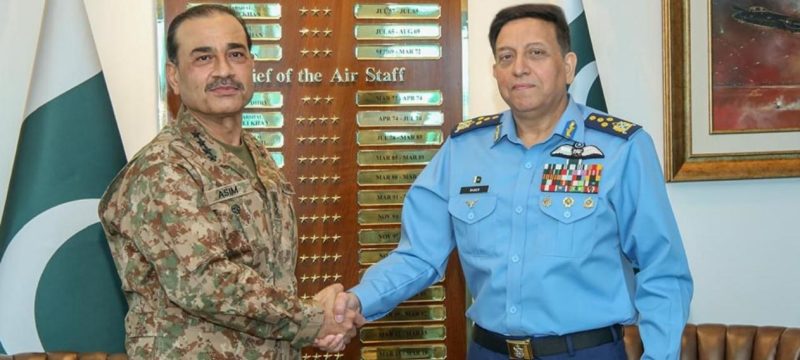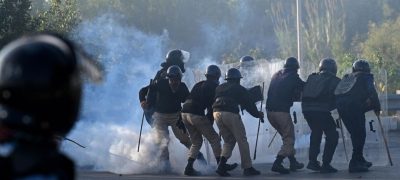Air Chief Marshal Zaheer Babar Sidhu is set to continue as head of the Pakistan Air Force for another five-year term beginning March 2026, reports confirmed on Thursday.
Sidhu, who assumed command in March 2021, gained prominence for his leadership during the May 2025 clashes with India. The Pakistan Air Force successfully shot down seven Indian fighter jets, including Rafales, and severely damaged an eighth under his command.
Months after the clashes, Pakistan’s National Assembly passed the 27th Constitutional Amendment, enabling historic reforms in the country’s armed forces. The legislation will redefine ranks, powers, and appointments for the Army, Navy, and Air Force.
Under the amendment, the Prime Minister will appoint the Chief of Army Staff, who will also serve as Chief of Defence Forces, Chief of Air Staff, and Chief of Naval Staff based on official recommendations. The long-standing post of Chairman Joint Chiefs of Staff Committee will be abolished from November 27, 2025, centralizing authority within top military leadership.
In a significant development, Zaheer Babar Sidhu has already received one-year extensions in March 2024 and will now serve a full five-year term, reflecting confidence in his leadership and strategic vision.
The Pakistan Army will also see major appointments, including two new four-star generals. One will take the role of Vice Chief of Army Staff (VCAS), while the other will command the National Strategic Command. Both will report directly to Chief of Defence Forces, Field Marshal Syed Asim Munir, strengthening centralized military command.
The constitutional amendment guarantees lifelong privileges, status, and uniforms for officers promoted to Field Marshal, Marshal of the Air Force, or Admiral of the Fleet. Future duties for these positions will be determined by the federal government.
In other news read more about Experts Warn 27th Amendment Could Tilt Pakistan’s Power Balance Toward Military
With these reforms, Zaheer Babar Sidhu will lead the Pakistan Air Force into a new era of strategic and operational modernization, cementing his role as a pivotal figure in Pakistan’s military leadership.









